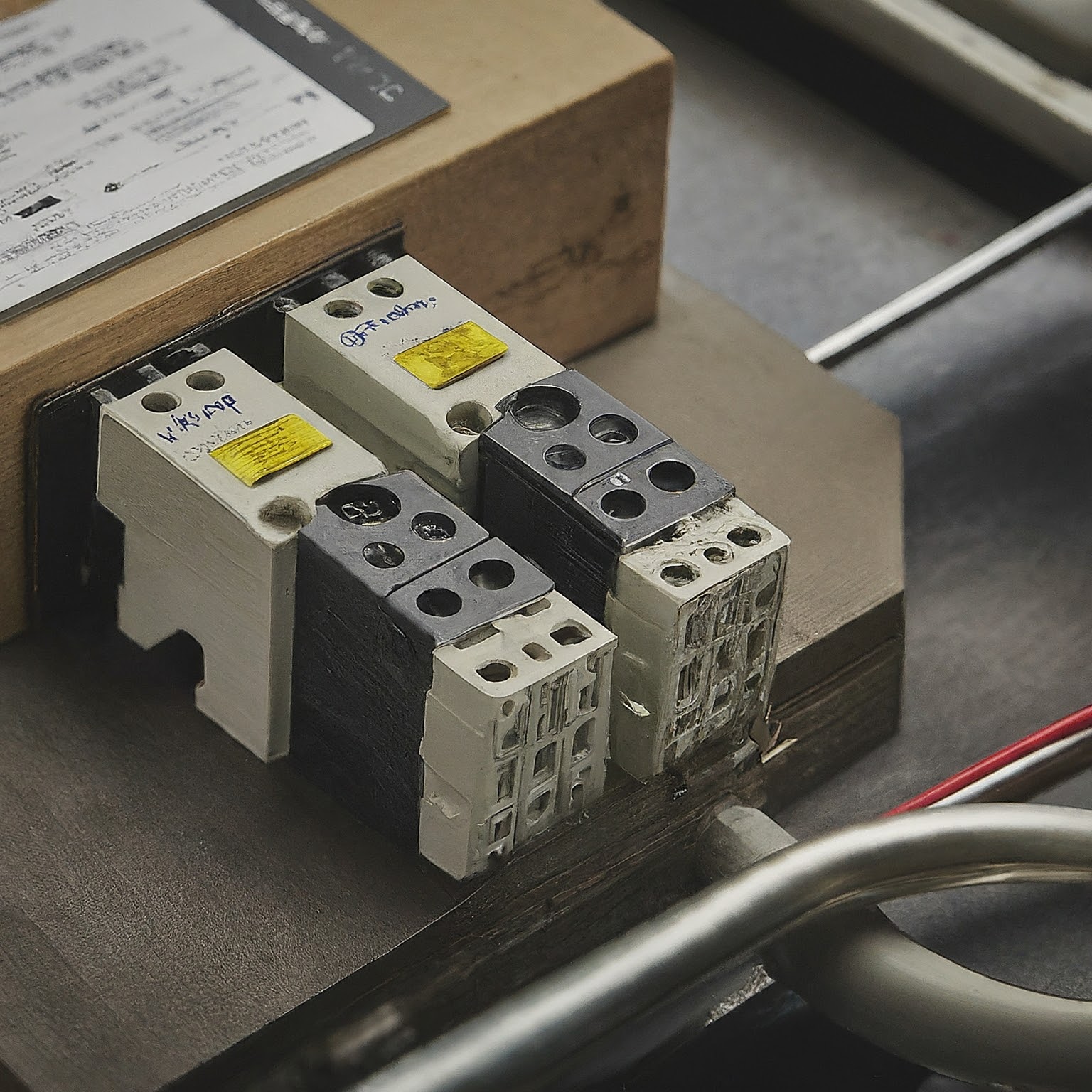Relays are electrically operated switches that use an electromagnet to control one or more circuits. They allow a low-power signal to control a high-voltage or high-current circuit, making them vital in automation, control systems, and electrical protection. Commonly found in industrial machinery, home appliances, automotive systems, and power distribution panels, relays offer isolation between the control and output circuits for added safety. They are available in various types, including electromechanical, solid-state, and time-delay relays, each suited for different applications. With fast response times and reliable operation, relays enhance circuit flexibility and automation efficiency. Their compact size, affordability, and adaptability make them an essential component in both everyday electronics and complex electrical systems.
Benefits
Electrical Isolation: Relays separate the control circuit from the load, ensuring safer operation and protecting sensitive components from high voltages.
Remote Switching Capabilit: They enable control of devices from a distance, ideal for automation and remote system management.
Control High Loads with Low Signals: Relays can switch heavy electrical loads using low-voltage control signals, improving energy efficiency and control precision.
Versatile Applications: Suitable for use in home automation, automotive systems, industrial controls, and protective relaying in power systems.
Reliable and Durable: Modern relays are built for consistent performance, withstanding millions of operations under proper conditions.




